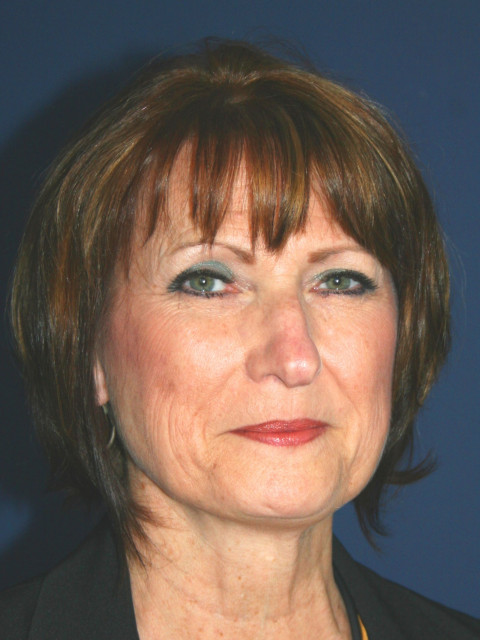
Medicare Physician Fee Schedule Final Rule for 2024 Highlights
by Jill M. Young, CPC, CEDC, CIMC
December 12, 2023
The Medicare Physician Fee Schedule (PFS) Final Rule was released on November 3, 2023. Included in the final rule are significant policy changes for 2024 of which offices and physicians should be aware.
Split or Shared Visits
One of the biggest surprises was CMS’ change in direction for split or shared visit billing. We have been in the midst of a two-year delay in implementation of their definition of what the “substantive portion” was in a split or shared visit. During this delay, CMS was not only allowing the fully implemented definition of whichever provider spends more than half the total time of the visit to be the billing provider, but the provider who performed all the history, exam or Medical Decision Making (MDM) would meet their definition of "substantive portion" and could bill for the service. A continuation of this delay to full implementation was included in the PFS proposed rule for 2024 and was expected for the final rule. After reviewing comments, CMS decided to revise the definition of “substantive portion” of a split or shared visit to reflect the revisions included in the 2024 AMA/CPT E&M guidelines.
As stated in the PFS Final rule, CMS was interested in “reducing coding and billing administrative burden on health professionals through continued alignment with revised overarching guidelines for E&M Visits.” The 2024 CPT E&M Guidelines for billing split or shared services provides that:
“Physician(s) and other QHP(s) may act as a team in providing care for the patient, working together during a single E/M service. The split or shared visits guidelines are applied to determine which professional may report the service. If the physician or other QHP performs a substantive portion of the encounter, the physician or other QHP may report the service. If code selection is based on total time on the date of the encounter, the service is reported by the professional who spent the majority of the face-to-face or nonface-to-face time performing the service. For the purpose of reporting E/M services within the context of team-based care, performance of a substantive part of the MDM requires that the physician(s) or other QHP(s) made or approved the management plan for the number and complexity of problems addressed at the encounter and takes responsibility for that plan with its inherent risk of complications and/or morbidity or mortality of patient management. By doing so, a physician or other QHP has performed two of the three elements used in the selection of the code level based on MDM. If the amount and/or complexity of data to be reviewed and analyzed is used by the physician or other QHP to determine the reported code level, assessing an independent historian’s narrative and the ordering or review of tests or documents do not have to be personally performed by the physician or other QHP, because the relevant items would be considered in formulating the management plan. Independent interpretation of tests and discussion of management plan or test interpretation must be personally performed by the physician or other QHP if these are used to determine the reported code level by the physician or other QHP.’’
The only additional comment made by CMS is that they would expect that whichever provider performs the Medical Decision Making (MDM) and subsequently bills the visit, that they would appropriately document the MDM in the medical record to support billing of the visit.
Social Determinants of Health (SDOH) Services
CMS for 2024, added coding and payment changes to allow for services involving community health workers, care navigators and peer support specialists. Community Health Integration (CHI) and Principal Illness Navigation (PIN) involve a person-centered assessment. CHI services were created to address unmet SDOH needs the patient has that affect the diagnosis and treatment of their medical problems. PIN services are for patients diagnosed with high-risk conditions. These services are to help identify and connect patients with appropriate clinical and support resources. There are also codes that describe services that involve auxiliary personnel in helping those with behavioral health conditions. Lastly, in this area of codes is payment for SDOH risk assessments to recognize the time and resources providers spend assessing the SDOHs that may be impacting their treatment of the patient.
Visit Complexity Add-on Code
In 2021, a code that was years in the works was defined by CMS/Medicare. This was G2211, a code for Office and Other Outpatient E&M visit complexity. An appropriations act imposed a moratorium on Medicare payment for this service. On January 1, 2024, payment for this service has been finalized. This is an add-on code that will be used with office and outpatient visits. It will allow for payment to offset costs involved when providers are the continuing focal point for all needed services or are a part of the ongoing care a patient receives for a single, serious condition or a complex condition. Because this code has been in existence for a few years, there have been many comments and situations identified in the PFS Final Rule for 2024. Note that this is NOT a code that will be used by all physicians or providers and that it is not a code that will be used for a patient on every visit.

